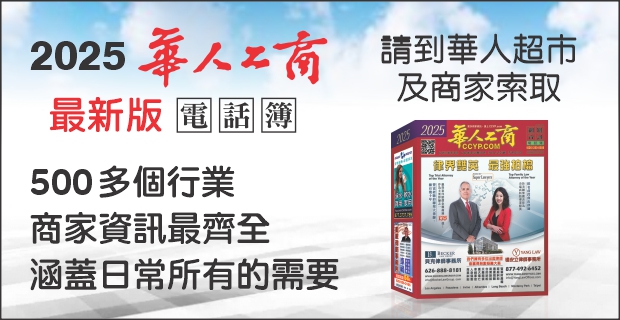MADOFF CHAPTER 7 TRUSTEE FLEXES TRUSTEE AVOIDANCE POWERS FOR $30 BILLION
Bernard Madoff’s epic Ponzi scheme involved huge transfers of money to his clients, family and associates that may be subject to the ‘avoiding powers’ of the Chapter 7 trustee in his bankruptcy case. The bankruptcy code gives the Chapter 7 trustee the power to annul certain kinds of transactions entered into by debtor before filing bankruptcy that may be considered fraudulent because the transactions were intended by the debtor to defraud a creditor. For instance, many people think that a transfer to a trust will protect the asset from bankruptcy but this is not so. §548 of the bankruptcy code states that, ”The trustee may avoid any transaction of an interest of the debtor in property that was made on or within 10 years before the date of the filing of the petition, if (A)Such transfer was made to a self-settled trust or similar device; (B)Such transfer was by the debtor; (C)The debtor is the beneficiary of such trust or similar device; and D)The debtor made such transfer with actual intent to hinder, delay, or defraud any entity to which the debtor was or became, on or after the date the date that such transfer was made, indebted.” So, if you transferred a million dollars to a trust naming yourself as beneficiary 8 years ago and you file for bankruptcy now, the Chapter 7 trustee will file an adversarial complaint to annul that transfer and void the trust to get the money back into the bankruptcy estate for distribution to your creditors.
Last week, the Chapter 7 trustee in Madoff’s case filed hundreds of adversarial complaints against individuals and entities that may have improperly benefitted from transfers of money to them before Madoff’s bankruptcy case was filed. The trustee would have relied on §548 which states, “For purposes of this subsection, a transfer includes a transfer made in anticipation of any money judgment, settlement, civil penalty, equitable order, or criminal fine incurred by, or which the debtor believed would be incurred by (A)Any violation of the securities laws as defined in Section 3(a)(47) of the Securities Exchange Act of 1934 [15 U.S.C. 78(c)(47)], any State securities laws, or any regulation or order issued under Federal securities laws or State securities laws; or (B) Fraud, deceit, or manipulation in a fiduciary capacity or in connection with the purchase or sale of any security registered under Section 12 or 15(d) of the Securities Exchange Act of 1934…” The Chapter 7 trustee in Madoff’s case has a team of 200 lawyers handling these fraudulent transfer cases so anyone who has been paid a substantial sum of money by Madoff is going to be a defendant in these lawsuits. Dozens of relatives of Madoff have been sued including his wife, his brother, and his sons Andrew and Mark for $244 million. One of his sons killed himself by hanging last week. Being a defendant in one of these lawsuits is not a pleasant thing. For the son who committed suicide, the lawsuit probably was the straw that broke the camel’s back. Think about it. To defend yourself against a lawsuit seeking to recover $244 million from you, you would have to incur a very large amount of attorney’s fees even if you were innocent. The level of evidence required of plaintiff in these cases is a mere preponderance of evidence. Even if the sons were innocent, they would have a difficult time defending themselves because their father obviously knew that he was conducting a Ponzi scheme of the largest scale flouting all kinds of securities laws and had transferred assets to them knowing that someday the whole deck of cards would come crashing down.
Madoff was probably one of the greediest persons on this planet. I don’t know how he can continue living with himself knowing that his greed had caused the death of one of his sons who could not bear the guilt of being one of his children. Keep a humble heart.
Lawrence Bautista Yang is a graduate of Georgetown University Law Center and has been in law practice for thirty years. He specializes in bankruptcy, business and civil litigation and has handled more than four thousand successful bankruptcy cases in California. He speaks Mandarin and Fujien and looks forward to discussing your case with you personally. Please call (626) 284-1142 for an appointment at 1000 S Fremont Ave Bldg A-1 Suite 1125 Unit 58 Alhambra, CA 91803.
图片翻摄自网路,版权归原作者所有。如有侵权请联系我们,我们将及时处理。
 點評
點評 微信
微信 微博
微博








